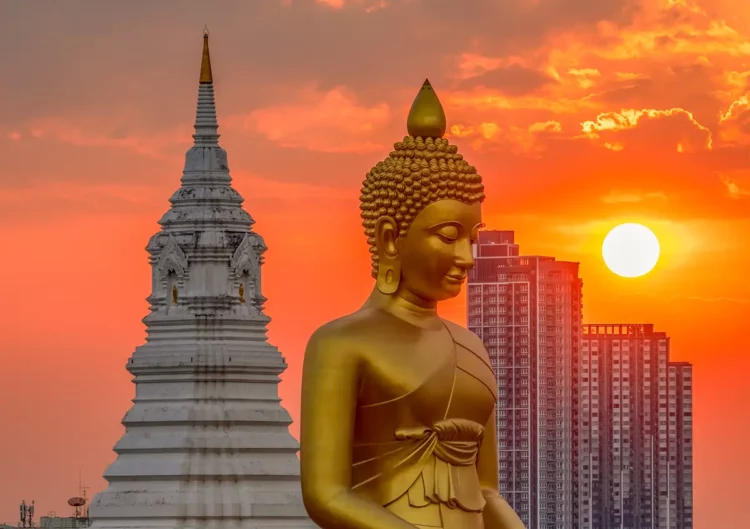No time to read this whole article? Here are the bullet points!
With passage of Thailand’s Entertainment Complex Bill through parliament gathering pace as the nation looks to further boost its international tourism appeal, the prospect of a legalized casino industry is becoming ever more real. But what will the final legislation look like and will it be strong enough to attract the world’s biggest casino resort operators? IAG takes a deep dive into the current state of play.
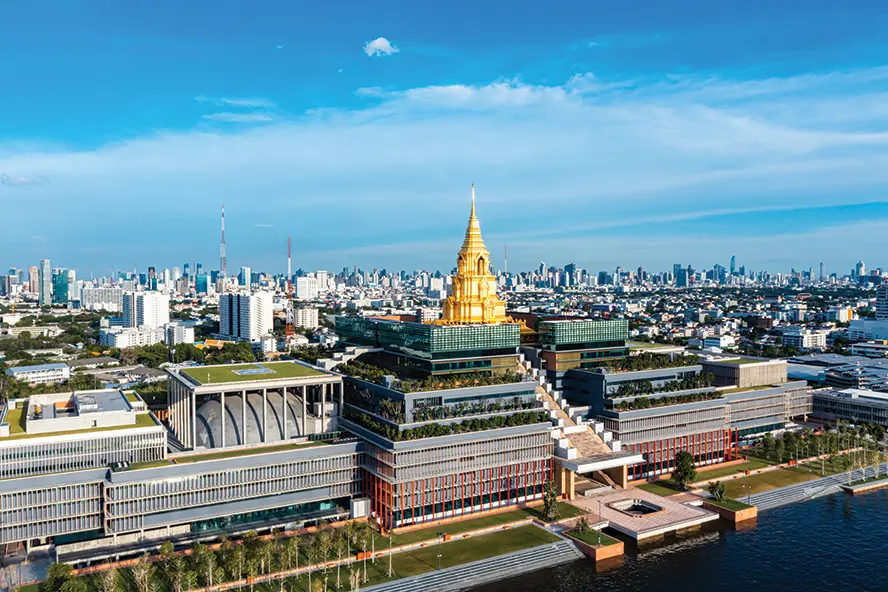
Thailand. It is described as the most exciting potential new casino opportunity in Asia – possibly the world – as well as the most complex, given its unique geography, tourism footprint and political and social infrastructure. Inside Asian Gaming has been covering developments in Thailand for two decades but with increasing regularity over the past three-and-a-half years, ever since the Thai parliament announced plans to study the possible development of integrated resorts – referred to as “Entertainment Complexes” in Thai parlance – in late 2021. And, although it may have seemed an ambitious plan at the time, it now appears the government will pass some sort of casino legislation in the not-too-distant future.
At the time of writing, Thailand’s Entertainment Complex Bill was being deliberated by the Ministry of Finance for any final revisions before being sent back to the Cabinet for review. From there it will make its way to the House of Representatives for deliberation, and then – if it is to become law – to the Senate for additional readings and finally to the king for royal assent.
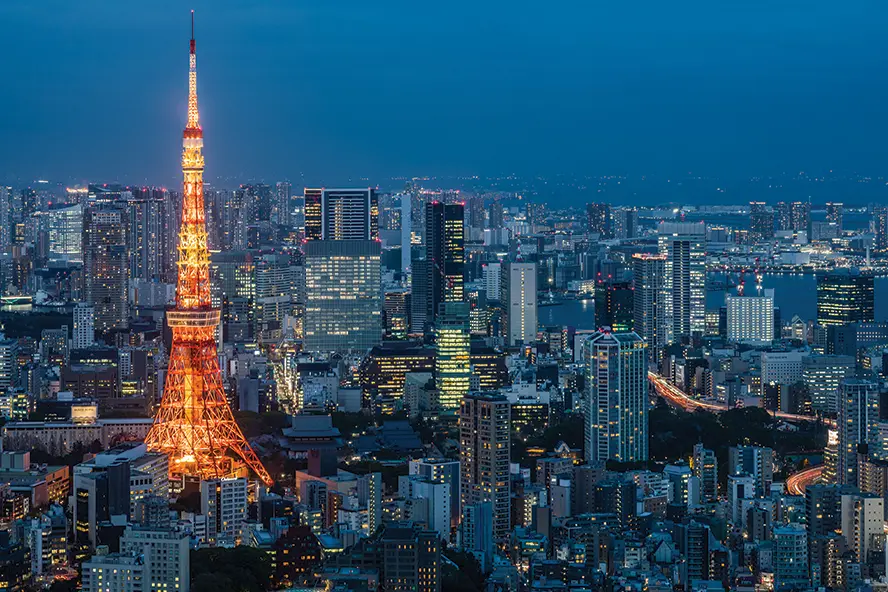
For global casino resort operators, however, foremost right now is how the Thai government will resolve a number of key questions relating to the nation’s legislation and to what extent this will impact their ability to bid for a casino license.
Although the potential of Thailand to become one of the world’s largest gaming markets is undisputed, many of those seen as potential suitors have been recently burned by the “next hottest thing in global gaming” – Japan springs to mind – and remain wary of committing to the opportunity until more details come to light.
Japan, which was at one stage courted by over 20 global operators but ended up with just one, highlighted how governments that do not have experience with international-standard, multi-billion-dollar integrated resorts can become seduced by the opportunity, and ultimately self-destruct that opportunity by pricing themselves out of the market.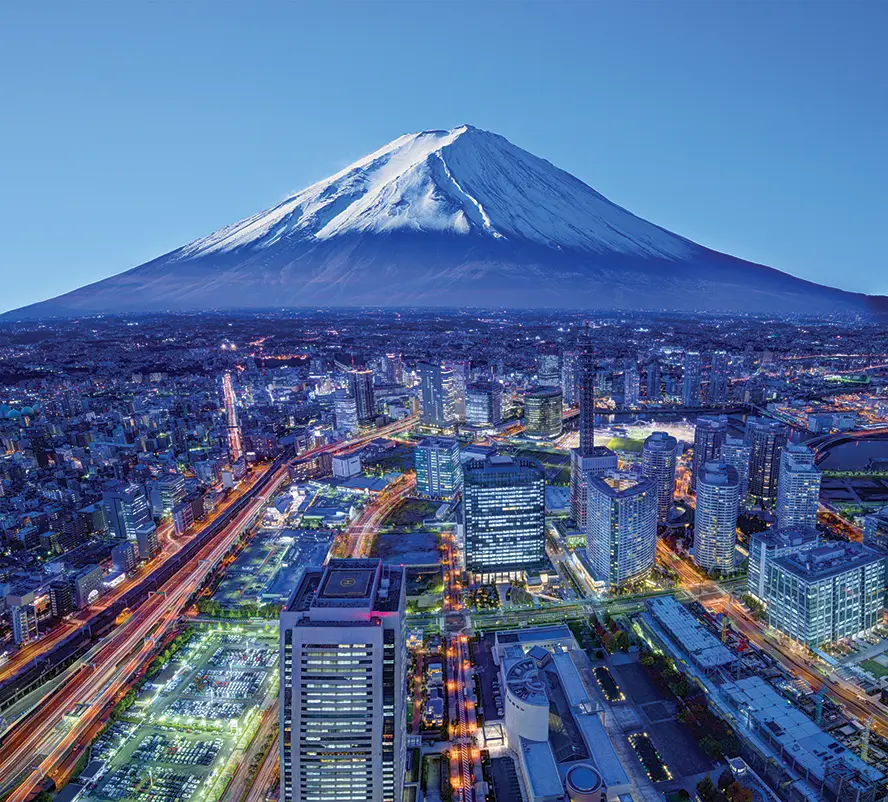
A lot of factors come into play here: national pride, a sense that “things are different in our country”, local powers-that-be such as influential families or factions, land usage, taxation considerations, greed, fear, a concerned and often ill-informed public and local media, political jockeying, and more.
To “get it right” requires both a mature and authentic relationship and a willingness to compromise on the part of both government and the very few private companies on the planet with the financial wherewithal and operational acumen to create and then operate multi-billion dollar international-standard integrated resorts – or perhaps we should start calling them “entertainment complexes” in the Thai context.
By IAG’s estimations, there are 15 operators globally that could be in a realistic position to make a Thailand bid. In research conducted for this analysis, those 15 fall into three camps: those that have told IAG they do not currently plan to pursue a Thai casino license, those who have expressed some hesitation pending finalization of the Entertainment Complex Bill, and those that are keenly pursuing the opportunity. Based on our discussions, IAG’s current estimate is that the final number of applicants to develop an entertainment complex with casino gaming in Thailand will be around six.
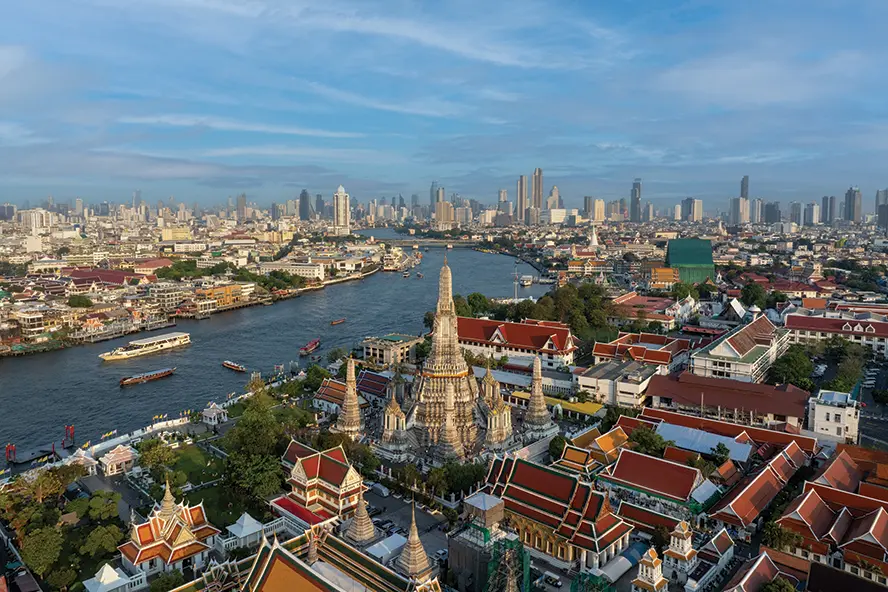 What we know
What we know
Thailand’s Council of State released the first draft of the Entertainment Complex Bill last August, providing the first real insight into certain details around how the government plans to legislate and regulate a legalized casino industry.
The 22-page draft primarily addresses certain operator requirements, such as a stipulation that applicants be private companies with paid-up capital of at least THB 10 billion (US$285 million). It also provides details on the structure of the proposed regulatory body and around some size and entry restrictions.
Some of the positive outcomes of discussions so far include an initial 30-year term for casino licenses, extendable thereafter for 10 years at a time, and a maximum floor space to be allocated to gaming within each entertainment complex of 10% – up from an initial 5% at the request of the Ministry of Finance. While the definition of gaming space (and total floor space) is yet to be defined, stakeholders have told IAG that such a restriction is certainly workable given experiences around the globe. Japan, for example, has limited its casino space to no more than 3% of the total IR area.
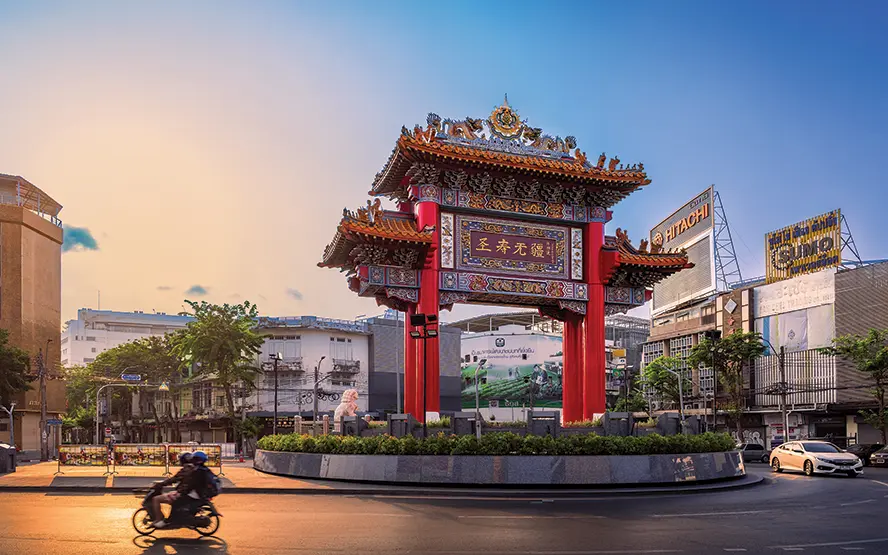 Scott Feeney, Executive Director of GCG Gaming Advisory Services and a long-time resident of Thailand, notes that 10% is a “sizeable ratio.
Scott Feeney, Executive Director of GCG Gaming Advisory Services and a long-time resident of Thailand, notes that 10% is a “sizeable ratio.
“If we assume a gross floor area of one million square meters, roughly the size of The Venetian Macao, that then permits a casino floor area of 100,000 square meters, which is a significantly large casino,” he explains.
“As a comparison, The Venetian Macao [casino] is in the 40,000 to 50,000 square meters range and one of the biggest in the world. It really depends on the entry requirements as to the size of the casino floor needed to accommodate the potential demand.”
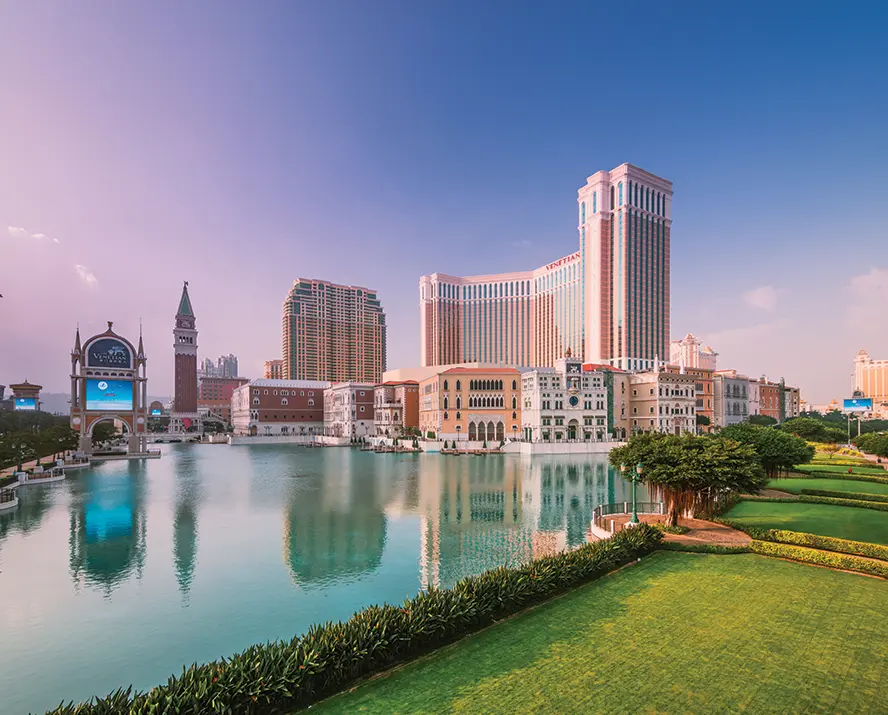
One of those requirements, a THB 5,000 (US$150) entry fee for locals, seems to have already been locked into place and promises to have a significant impact on casino volumes. Although a similar measure has been implemented in Singapore – home to two of the world’s most profitable casino ventures – since 2010, it’s worth noting the huge disparity in wealth between the two jurisdictions: Thailand’s annual GDP per capita in 2024 stood at US$7,985 compared to more than US$90,000 in Singapore.
Kevin Clayton, the person fronting the Thai efforts in Thailand for leading Macau concessionaire Galaxy Entertainment Group (GEG), explained that adopting a “reasonable” casino entry fee would be seen as acceptable by operators but only if it was comparable with neighboring countries.
“It must be affordable for mass customers to make an occasional visit to experience the thrilling atmosphere of the main casino floor as part of their overall entertainment complex occasion,” he said. “As we have experienced in Macau, many millions of mass IR customers spend only a small amount of money on the casino floor as part of their dine, shop, stay, see and play experiences.”
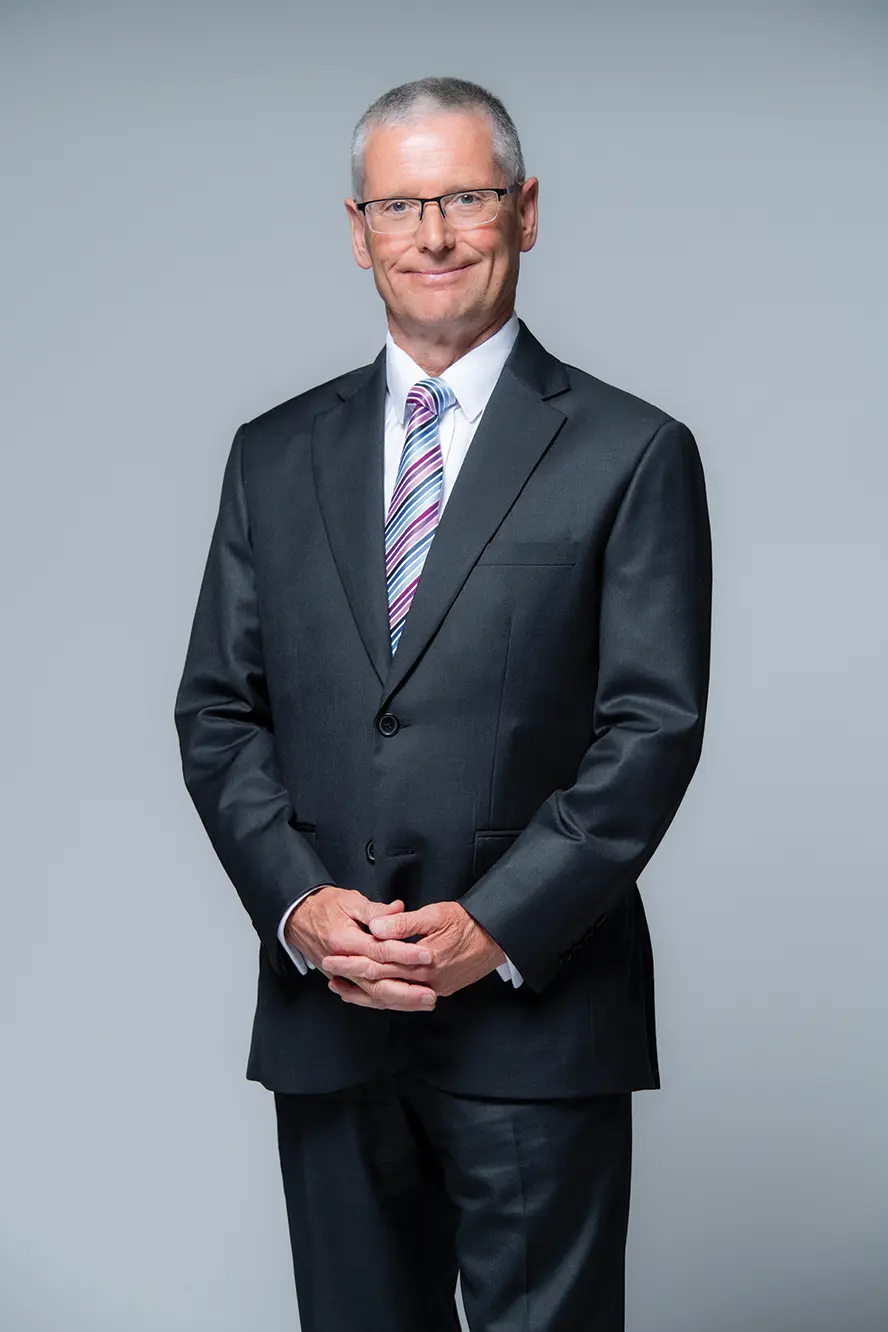
Other stakeholders have told IAG that the THB 5,000 entry fee is far from ideal but is workable, depending on the single most important piece in the puzzle: location.
Thailand’s draft Entertainment Complex Bill does not contain any final determination around the number of licenses to be offered – industry whispers seem to suggest five – or where entertainment complexes are to be located. However, a government spokesperson announced in mid-March that four locations had been chosen to host the nation’s first entertainment complexes with legal casinos: Bangkok, Chon Buri, Chiang Mai and Phuket.
Bangkok is the obvious candidate, and one named by every operator that replied to our inquiries as their location of choice. In fact, for all but one operator it was the only location named.
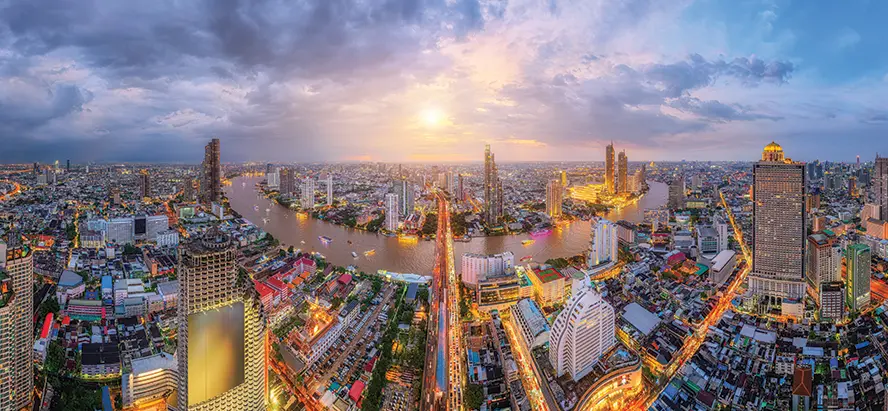
Among the handful of locations identified as possible sites are Bangkok Port, recently highlighted by the Transport Ministry, and the Nong Chok district, part of an early proposal by emerging real estate and entertainment company SKYH Entertainment Group for a sprawling mixed-use development containing a casino, multiple five-star hotels, MICE facilities, a Formula 1 circuit, indoor skiing, retail and fine dining, a medical center, horse racing, a PGA standard golf course, theme park, water park, concert hall and a Thai boxing facility.
Nong Chok is located close to Bangkok’s Suvarnabhumi Airport, which industry commentators have described as a huge plus for any future site.
“Land near Suvarnabhumi Airport, which is well connected to Central Bangkok via a motorway and the BTS Skytrain, is a prime location if a strip of casinos was envisaged, but that is unlikely, as vested interests would have other locations earmarked,” explains Feeney.
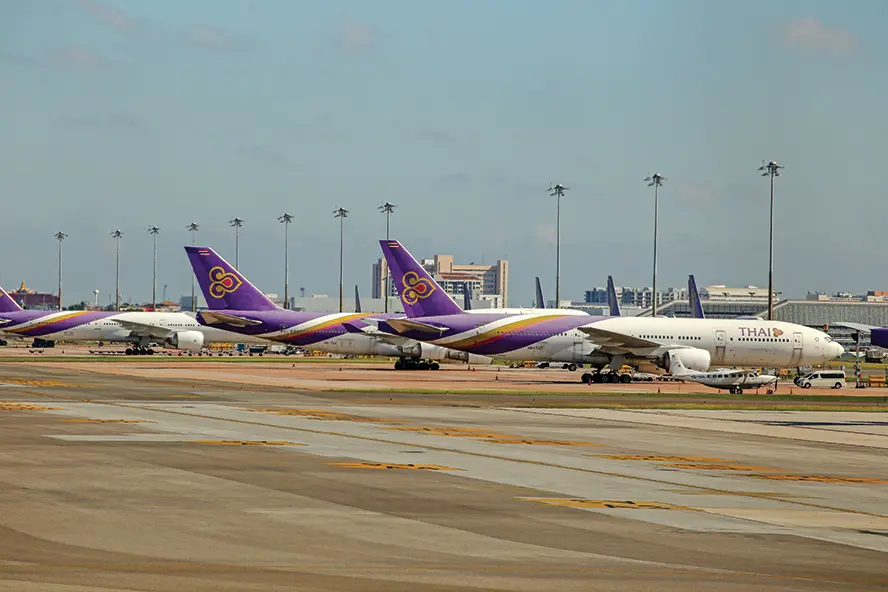
“I think that the government will leave it to the international operators to choose a location with their Thai partners, and then for the government to see if that location can work. I assume the Thai partner would have specific land available, or a specific location in mind that works for them. This will be very interesting, as what works for the investor may be different to what works for the government or the foreign tourist.
“We also need to remember that Bangkok traffic is gridlocked. The mostly underground MRT train and the overhead BTS Skytrain offer the only efficient means to get around the city, and any proposed site would need to be in very close proximity to these and not be reliant on the government building any project-specific infrastructure.”
Feeney names the IMPACT complex in Muang Thani District and BITEC in central Bangkok as potential locations, should the government consider a pilot casino operation. Either location could be activated in relatively short time given that they are already surrounded by sizeable MICE, hotel and retail facilities.
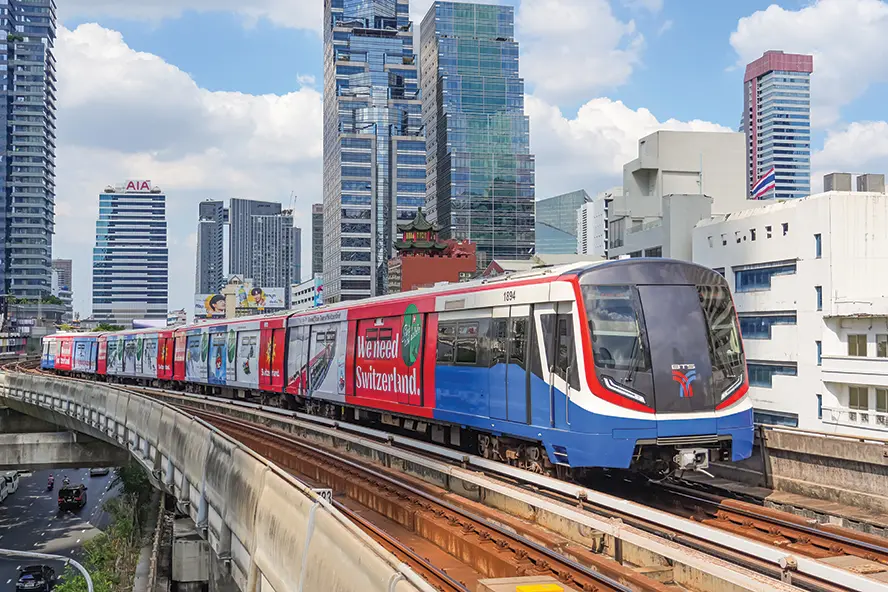
Bangkok Port, on the other hand, is “a very long-term possibility but would take decades to clear, build the infrastructure and prepare the site.” Feeney notes that “the surrounding areas are gridlocked, and the location is well away from what is considered central Bangkok, such as the Silom, Sukhumvit and Chao Phraya river locations.”
With a population of over 17 million and annual visitation of more than 32 million, Bangkok is particularly appealing to investors, which it needs to be, given another key stipulation contained within the draft bill requiring a minimum investment into each entertainment complex of THB 100 billion (US$3 billion). Annual market GGR has been estimated at around US$10 billion, possibly reaching as high as US$15 billion, although this assumes at least two locations in Bangkok.
That level of GGR in Bangkok should be able to sustain a THB 100 billion minimum investment – but more problematic, should that investment requirement prove inflexible, are Chon Buri, Chiang Mai and Phuket, with stakeholders informing IAG that it is difficult to envision sufficient ROI to support such a commitment.
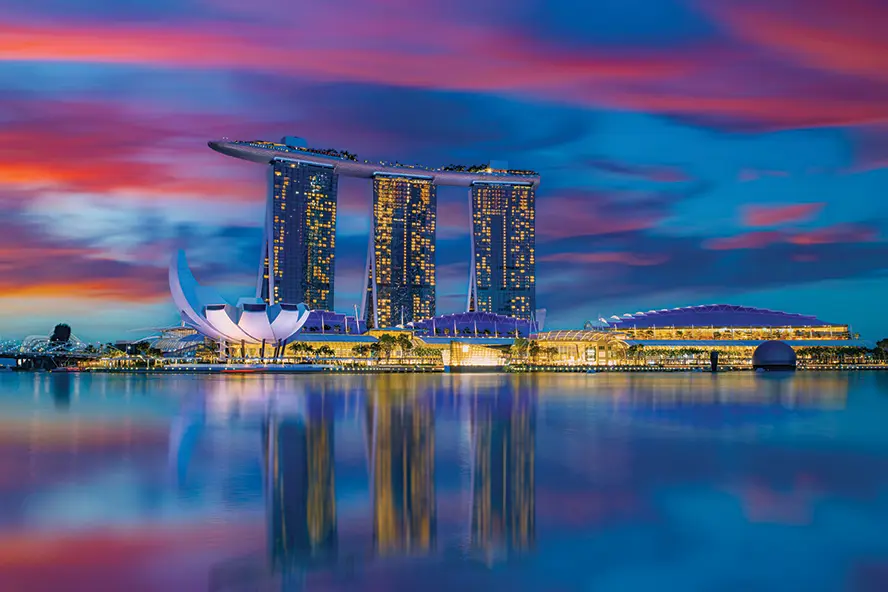
What we don’t know
Thailand’s Council of State dropped a bombshell in February when it updated the Entertainment Complex Bill to include a regulation requiring Thai nationals to hold a minimum THB 50 million (US$1.5 million) in fixed deposits for at least six months to be able to enter the nation’s legal casinos, essentially denying access to the overwhelming majority of locals. Estimates place the number of qualifying bank accounts nationwide at a mere 10,000 – in a country with a population just north of 70 million.
Although the government indicated in early March that it would remove this amendment – because it excluded too many people and failed to address some of the key reasons for legalizing casino gaming in the first place, namely providing an alternative to travelling abroad to gamble and a deterrent to using Thailand’s many underground casinos – it flipped again just a few days later by revealing the THB 50 million requirement would remain in the draft bill to be presented to parliament, arguing that parliament had the option to remove it at a later date should it choose to do so.
The lack of clarity around this key piece of legislation has already attracted criticism, with one industry consultant describing it as a signal that investors should, in their words, “run for the hills.”
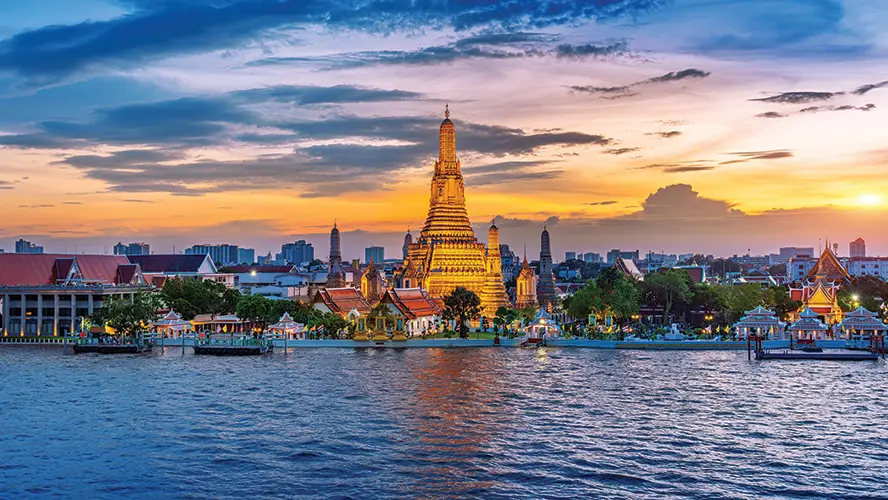 Macau’s GEG, which is seen as a leading candidate to win a Thai casino license, was more circumspect in its response when contacted by IAG but noted such a strict requirement would severely limit the effectiveness of a legal casino industry in Thailand.
Macau’s GEG, which is seen as a leading candidate to win a Thai casino license, was more circumspect in its response when contacted by IAG but noted such a strict requirement would severely limit the effectiveness of a legal casino industry in Thailand.
“No jurisdiction in the world has introduced a barrier for entry into a casino so high for locals and expected a large-scale entertainment complex to be successful,” said GEG’s Clayton.
“We understand and appreciate the need to protect anyone that may be vulnerable, and as such there will be detailed Responsible Gaming processes and procedures in place to achieve this. Limiting casino entry to only the wealthiest of locals will handicap the level of entertainment complex investment and growth in Thailand.”
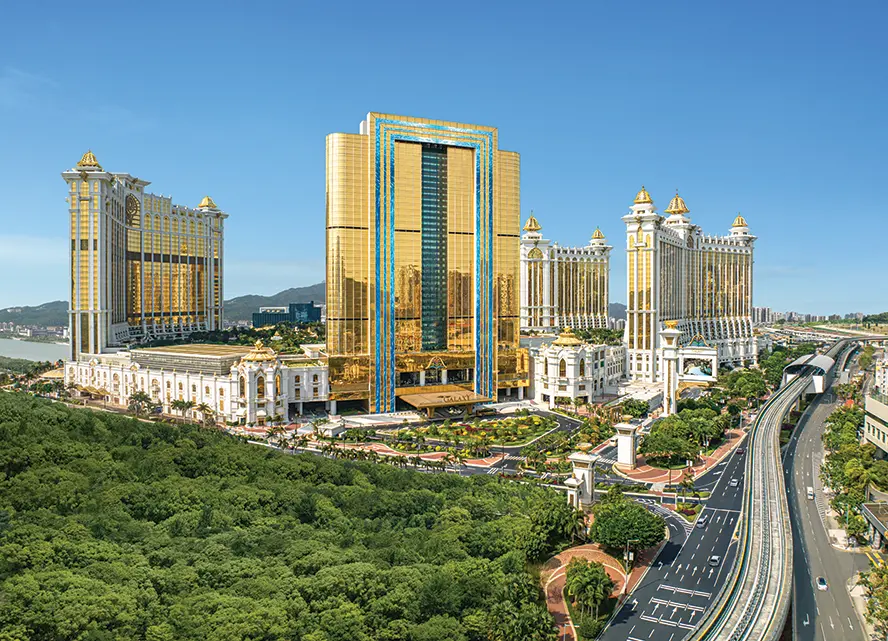
Another stakeholder IAG contacted described the THB 50 million requirement as an “absolute deal breaker” while adding that an alternative proposal to instead require Thai nationals to show a three-year tax history would also fail, because “no Thais are going to want to show that.”
One prominent Asian integrated resort operator, speaking on the condition of anonymity, said that the THB 50 million restriction would not necessarily rule them out of the market but would render a US$3 billion minimum investment unworkable because it would essentially make the market foreigner-only. They suggested an investment of something in the realm of US$400 million would become more realistic in such a scenario, though that would still depend on how the rest of the finalized bill plays out.
It is undeniable that Thailand’s entertainment complex dream would come to a screaming halt should the THB 50 million minimum bank requirement make it into the final bill. It wouldn’t make entertainment complexes impossible, but they would be nothing like the current vision of the Thai government.
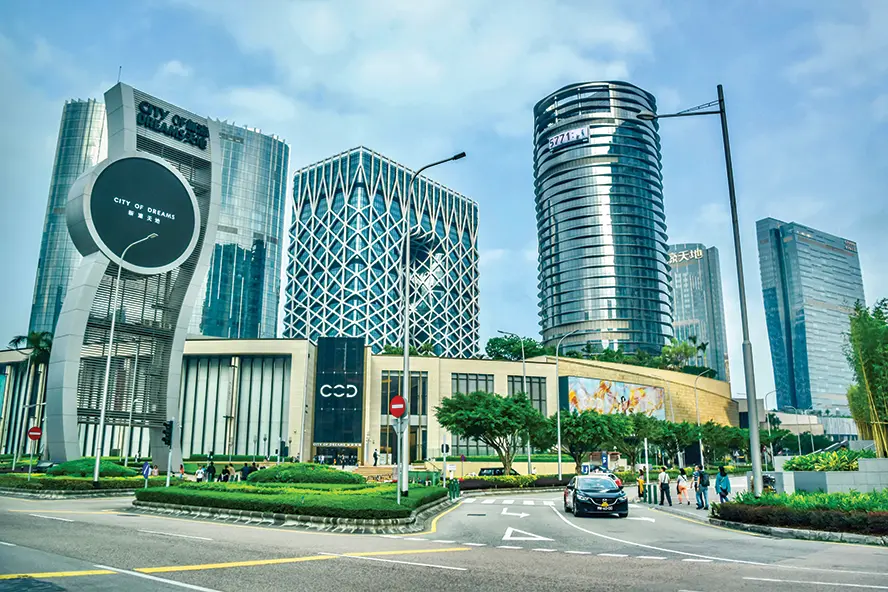
Also in need of clarity is the issue of ownership. Under the Thailand Foreign Business Act, foreign nationals cannot own land under their own name, cannot own more than 49% of a company – at least 51% is required to be held by Thai nationals – and cannot use a Thai nominee shareholder to bypass such restrictions.
There are exemptions to the rule including the Treaty of Amity, which applies to US citizens and could therefore provide a significant advantage to US operators like Las Vegas Sands, MGM Resorts and Wynn Resorts. There has been some noise that Thailand may waive the 49% ownership limit for entertainment complexes to encourage international investment, although every stakeholder that spoke with IAG on this admitted they were unsure where the issue currently stands.
What does seem likely is that Thailand’s entertainment complexes will require partnership arrangements, perhaps similar to MGM’s relationship with ORIX in Japan, whereby the international partner brings their industry expertise and the domestic partner knowledge in navigating the local business environment.
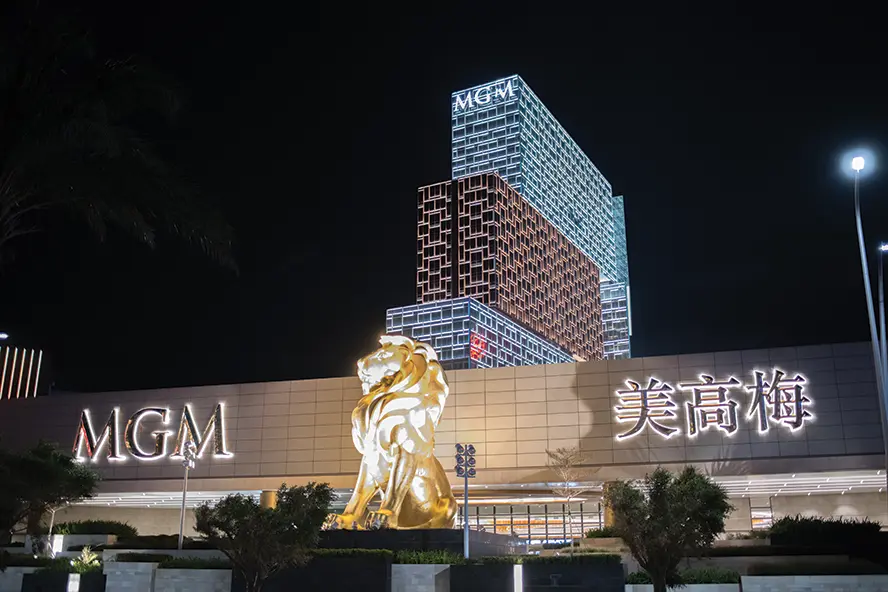
“It would be very difficult for foreign companies to navigate Thailand without a local partner,” one person IAG spoke to said.
However, offering international investors merely a significant minority interest, or perhaps some sort of management-only arrangement, would not be appealing to some, and could discourage operators from tapping the databases they have built in other jurisdictions.
“We would want significant skin in the game,” one Asian-based operator said.
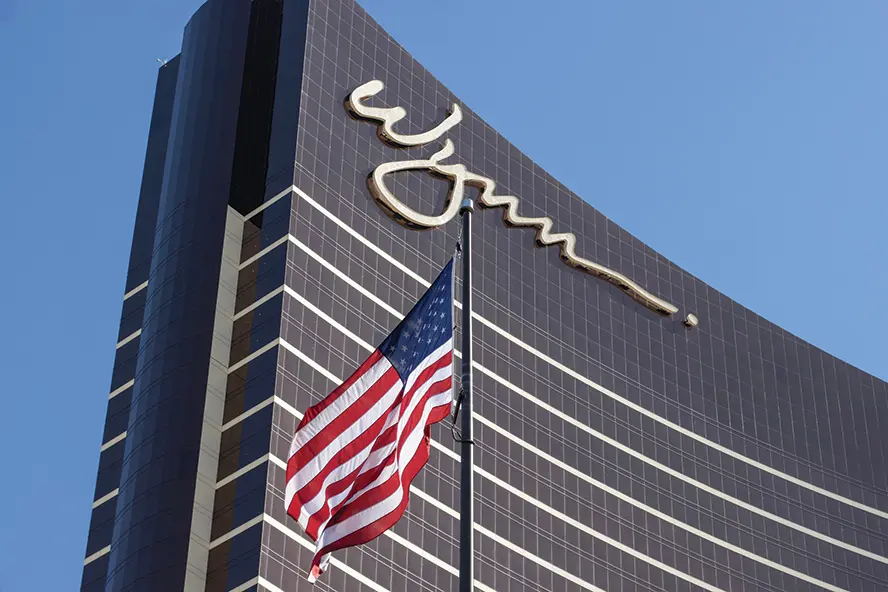
Right now, the biggest threat to Thailand’s entertainment complexes remains uncertainty, both political and operational, and doubts remain around whether casino legislation will be strong enough to attract every operator the government wants – particularly those with US licenses.
Under the Foreign Gaming provisions of Nevada’s gaming legislation, the Nevada Gaming Control Board may require any licensee intending to participate in overseas gaming operations to file an application for a finding of suitability. Designed to ensure that Nevada licensees conduct foreign operations as if they were located within the state itself, the takeaway is that any finding of unsuitability in regard to those foreign operations potentially places their Nevada licenses at risk. That’s a significant deterrent for the likes of MGM and Wynn in particular.
In a recent column for IAG, David Green – a former South Australian regulator and key advisor to the Macau government during industry liberalization in 2002 – warned that Nevada-based operators risk inadvertently breaching the state’s public policy should they enter the Thai market, particularly in regard to a legislative preamble requiring them “To ensure that gaming is conducted honestly, competitively and free of criminal and corruptive elements.”
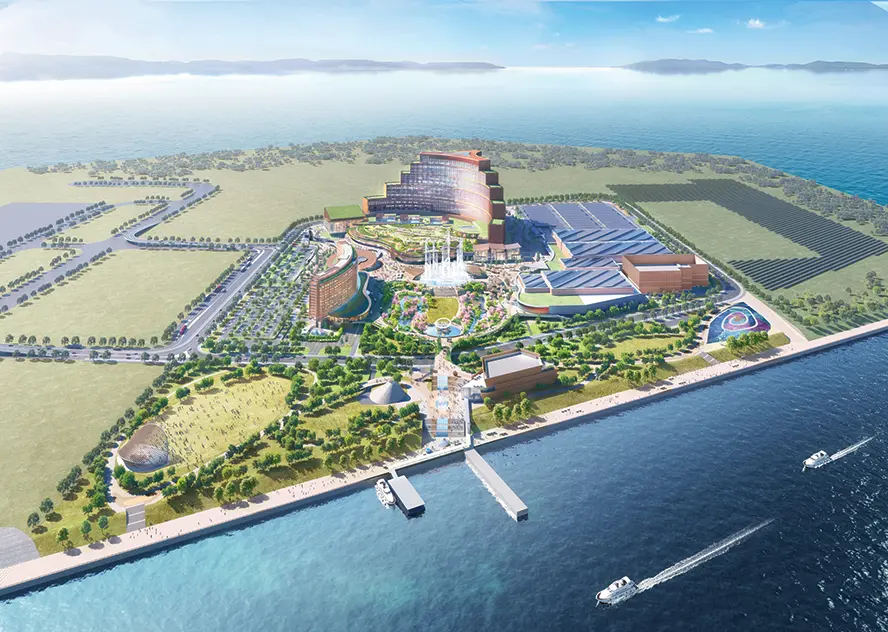
Green wrote, “This requirement could potentially prove to be a high bar for Nevada licensees to clear, given … observations about the unstable constitutional foundations of the rule of law in Thailand. If the country wishes to attract operators of the scale and repute of those licensed in Nevada, it would be well advised to ensure that its legislative framework for gaming regulation is robust and contemporary, that its regulatory agency or agencies are well resourced, and that it establishes dialogue with foreign regulators such as the NGCB. The opportunity is compelling, but the challenges are real too.”
Sands, MGM and Wynn have, for their part, remained circumspect in their commentary on Thailand. All three have made their interest clear in one way or another, and to a greater or lesser extent, but remain tight-lipped, expressing the need to closely examine the final bill once passed.
On the political front, concerns remain around the Thai revolving door of power and whether those in charge in the future will maintain the same goodwill towards a burgeoning casino industry as the current Pheu Thai Party and Prime Minister Paetongtarn Shinawatra.
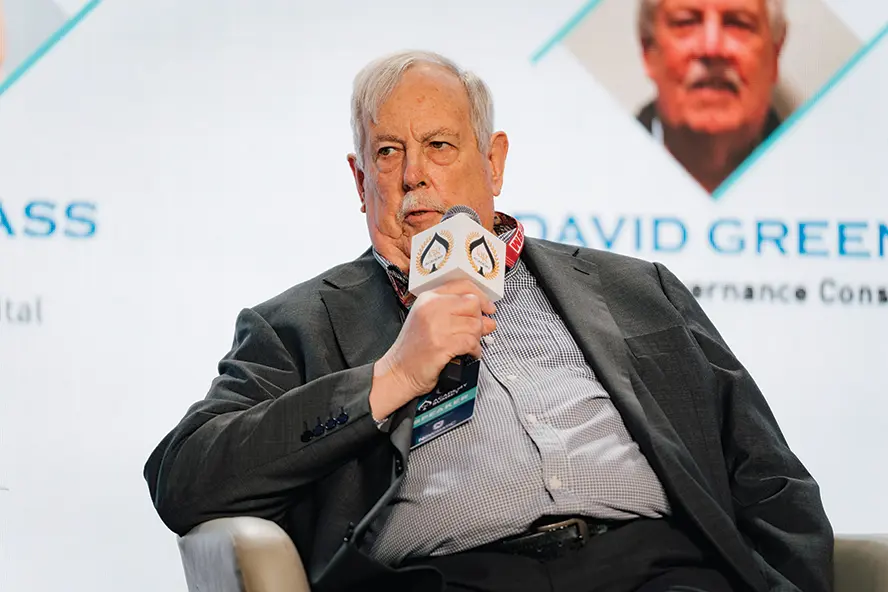
Says Feeney, “We are only ever a year or two away from a military coup, or at least a change of government, which is likely to be in play currently. How can we expect the 12 parties who formed the new government to get along when they all believe they are right and do not compromise? Potential investors will need to consider this, and it would be prudent in this situation to partner up with a very strong Thai entity with strong connections to the military.”
On the ownership issue, he adds, “I don’t think foreign investors should be even thinking about going in at 100% ownership, even if the laws change and this is permitted. The Singapore model, which works very well there for LVS, is not something that would be workable in Thailand. Thais do not need foreign companies’ expertise in hotel, retail, convention and theme parks. Thailand has this in abundance.
“I think foreign investors should look at simply investing in the casino complex, which would be integrated in a fully Thai-owned IR. The casino investor could simply lease the land that the casino sits on or lease the shell space.
 “Overall, I do not think the ongoing political uncertainty will stop investors, but they will need to fully understand the current issues and work closely with Thai families that can ease them through anything that arises. For sure we are all going to be very surprised as to the outcomes, especially if [decision-makers in Thailand] do not avail of international advice, which appears to be the case.”
“Overall, I do not think the ongoing political uncertainty will stop investors, but they will need to fully understand the current issues and work closely with Thai families that can ease them through anything that arises. For sure we are all going to be very surprised as to the outcomes, especially if [decision-makers in Thailand] do not avail of international advice, which appears to be the case.”
Critics of Thailand’s legal casino push – and there are many – accuse the government of rushing legislation through and of refusing to listen to operators and consultants who have implored them to conduct detailed studies before plowing ahead. They also question the enforcement of casino legislation given a lack of enforcement in other areas.
“There is, for example, a law that you must wear a helmet when riding a bike, but no one respects that law,” one industry commentator observed. “It’s great to have the law, but even if the law is strong, who will enforce it?”

On the regulatory side, questions remain over the planned regulatory framework, announced in August, under which the industry will be overseen by a Policy Committee to be chaired by the Prime Minister.
“The draft law promises a government-run regulator rather than an independent regulator, which is insane,” the commentator said. “Obviously they are doing that so they can control the money, but there is a reason nobody else does it that way.”
Who’s in, who’s out?
In researching this deep dive into the Thai integrated resort opportunity, IAG identified and contacted 15 operators that have either expressed an interest in bidding for a license or who we believe may have the ambition or means to do so in the future. Those 15 are Macau concessionaires GEG, Melco Resorts & Entertainment and SJM Resorts, plus Macau’s three US-linked operators in Sands China/Las Vegas Sands, MGM China/MGM Resorts and Wynn Macau/Wynn Resorts; Manila’s Bloomberry Resorts Corp and Newport World Resorts; two Genting entities in Genting Singapore and Genting Malaysia; Australia’s Crown Resorts; US tribal operators Hard Rock International and Mohegan; US casino investor Bally’s; and South Africa’s Peermont which has previously shown interest in Japan.
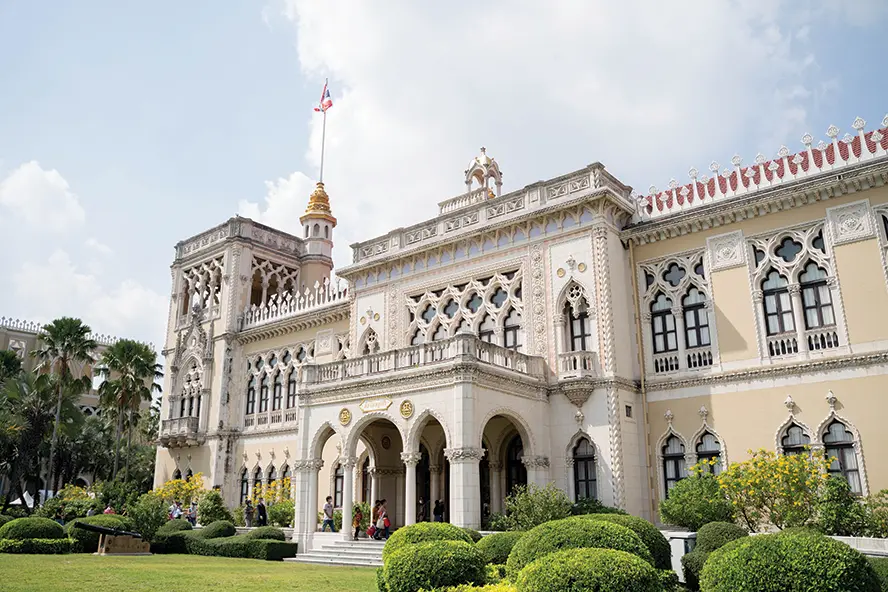
Of those, Crown, Bally’s and Peermont all ruled themselves out, with both Crown and Peermont telling IAG they were currently focusing on their domestic operations. Bally’s, in the news recently after submitting a proposal to acquire Australia’s Star Entertainment Group, also pointed to their lack of knowledge of the region as a reason for passing on Thailand. That’s totally understandable given they have their hands full with the recent acquisition of Aspers in the UK and with operating 19 casinos in the US, not to mention a large interactive business.
One takeaway from our discussions with operators is that their interest in Thailand might not be as all-consuming as it was in Japan in 2018 and 2019, so instead of more than 20 operators throwing their hat into the ring – as with Japan – it may come down to little more than a dozen showing initial interest, or even less. Our sense is that when it gets to the business end of discussions, we think around six companies will be in the mix.
As previously mentioned, the big US operators are awaiting more detail, although they have all made their interest clear. In its most recent earnings call, Las Vegas Sands – operator of Marina Bay Sands in Singapore and controlling shareholder of Macau market-leader Sands China – expressed enthusiasm for what the emerging market could offer in a best-case scenario.

“Thailand is an unbelievable tourism destination,” said LVS President and COO Patrick Dumont, who is set to become Chairman and CEO from 1 March 2026 following the transition of current Chairman and CEO Rob Goldstein to Senior Advisor. Dumont added that he did not expect a Thai casino industry to cannibalize the company’s Singapore operations. “It has very desirable attributes, great culture, great food and beautiful scenery. It’s a great place to visit, and I think it has a great opportunity to add destination resorts and create a very large-scale industry there,” he said.
“The great news is there’s an enormous tourism base there already and it’s a separate thing from the people who go to Singapore. Is there going to be some overlap? Sure. Do people go back and forth between Bangkok and Singapore all the time? Absolutely. Is there an argument that it actually strengthens our ecosystem because people have more choice within our environment? There’s an argument for that, although I would say that they’re both different offerings.”
MGM has also spoken at length of its Thailand interest, even going so far as to reveal its plan to pursue a license through Macau subsidiary MGM China should it proceed. Particularly appealing, according to the company’s President and CEO Bill Hornbuckle, is that development and operating expenses would be considerably cheaper than most other jurisdictions – a factor he understands all too well given that the monopoly IR MGM is developing in Osaka is coming at an estimated cost of around US$9 billion, so far – and that’s with some quite hefty yen to dollar exchange rate movements in recent years working in MGM’s favor.
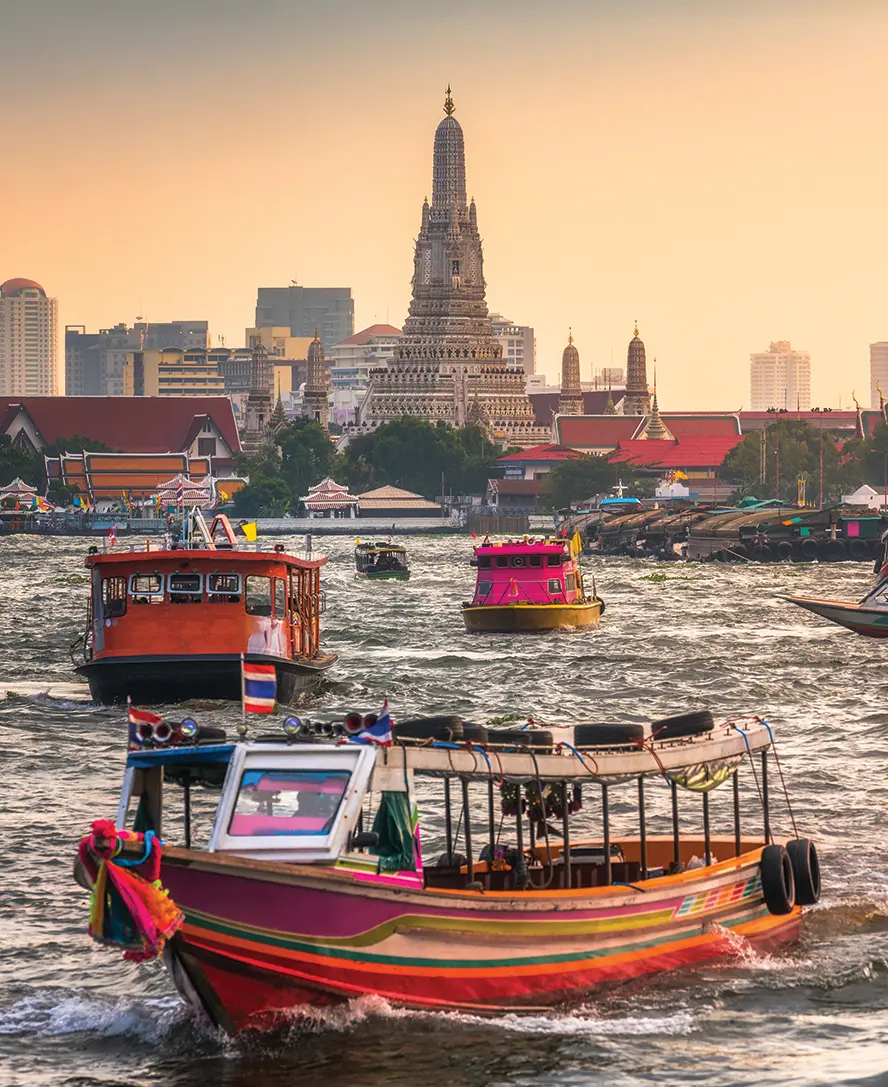 “The point of access [in Thailand] – it’s an amazing marketplace and although nothing’s cheap to build anymore, it’s 35 cents to 40 cents on the dollar compared to anything [in the United States] and even cheaper to operate, so if you were lucky enough to get a license and build something of substance, it’s a meaningful market and I think the margins in that business would be pretty extensive,” Hornbuckle added.
“The point of access [in Thailand] – it’s an amazing marketplace and although nothing’s cheap to build anymore, it’s 35 cents to 40 cents on the dollar compared to anything [in the United States] and even cheaper to operate, so if you were lucky enough to get a license and build something of substance, it’s a meaningful market and I think the margins in that business would be pretty extensive,” Hornbuckle added.
Wynn Resorts CEO Craig Billings, speaking during the company’s recent 4Q24 earnings call, even went so far as to suggest Wynn is delaying any significant expansion of its Las Vegas resort to ensure it has enough capital to move on Thailand if deemed appropriate.
“I often get asked why we aren’t moving on [Wynn’s undeveloped land] in Las Vegas right now, and the reality is that from a capital perspective, from a bandwidth perspective within our amazing design and development team, there are only so many things that you can do at once,” he said. “There are also opportunities that come along that are unique, so if Thailand does move ahead, for example, you want to make sure that you’re in a position to participate.”
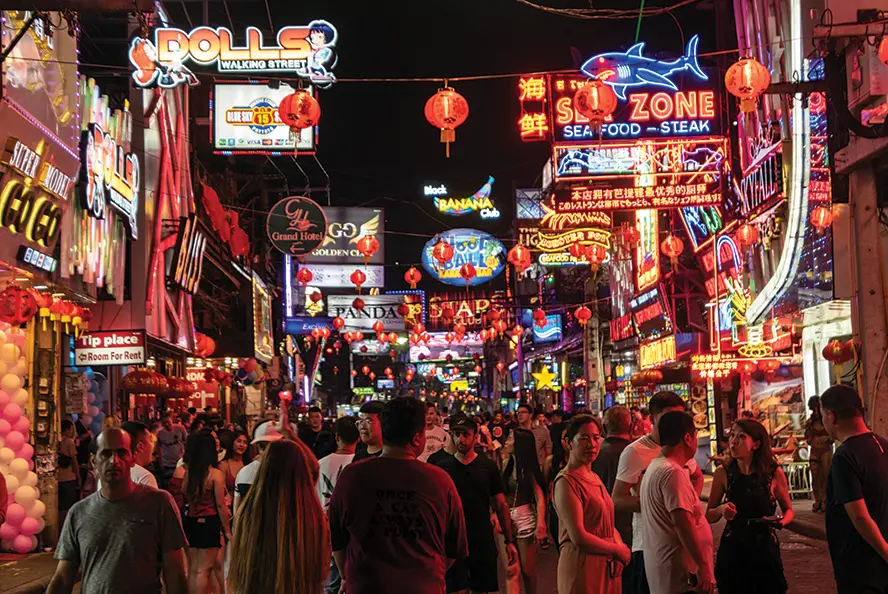 Operators are clearly remaining circumspect, although IAG is aware that Solaire owner and operator Bloomberry Resorts Corp has some interest in Thailand, just as they did in Japan. On contacting the company IAG was told that “Solaire remains open to exploring opportunities, but the group’s primary focus at the moment is continuing to build on the positive GGR momentum at our new Solaire North property in Quezon City, growing Entertainment City market share and further expansion of our online footprint.”
Operators are clearly remaining circumspect, although IAG is aware that Solaire owner and operator Bloomberry Resorts Corp has some interest in Thailand, just as they did in Japan. On contacting the company IAG was told that “Solaire remains open to exploring opportunities, but the group’s primary focus at the moment is continuing to build on the positive GGR momentum at our new Solaire North property in Quezon City, growing Entertainment City market share and further expansion of our online footprint.”
Elsewhere, Resorts World Sentosa operator Genting Singapore has long included in its results announcements a sentence confirming its interest in Thailand, although it was also the first to make any public comment on the proposed THB 50 million bank balance requirement for locals. In February the company told analysts it “will be difficult to commit to a high IR capex if the market size is reduced to mainly foreign-only visitors” but added it was “closely monitoring [developments in Thailand] and will continue to evaluate and explore geographical diversification opportunity.”
Somewhat surprisingly, another Genting Group subsidiary, Genting Malaysia, revealed only weeks ago that it too was considering the Thailand opportunity. In comments to IAG, Genting Malaysia reiterated that stance and, when asked about potentially competing with Genting Singapore, stressed that this scenario was possible because the two entities operate entirely separately from one another.
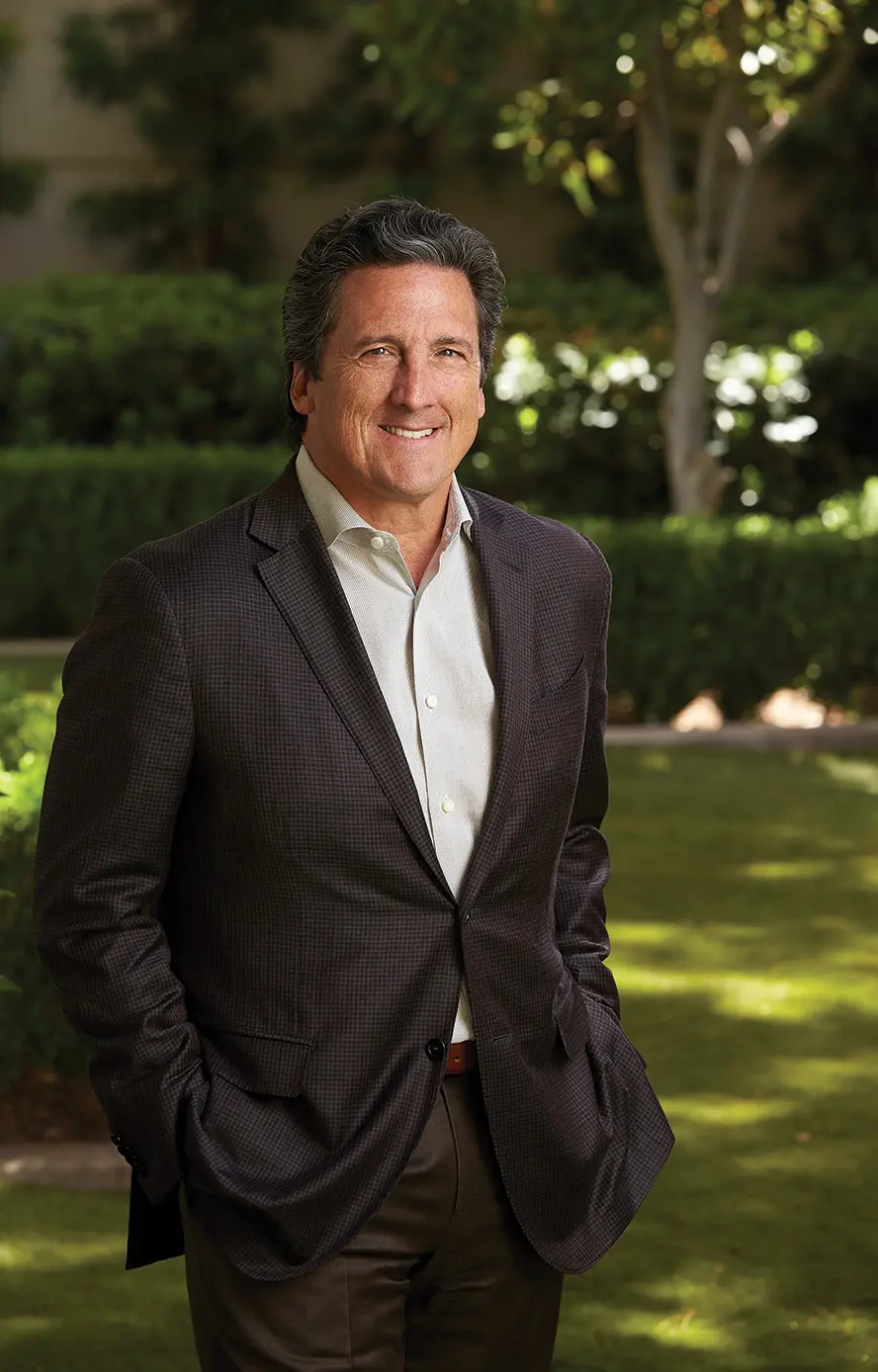
Back to Macau, Melco Resorts & Entertainment revealed in January that it had already set up a new office in Bangkok as part of its preparations for a bid and was currently awaiting clarity on rules and regulations to determine the size and scale of any future investment into the Southeast Asian nation.
Melco Chairman and CEO Lawrence Ho has described Thailand as a “generational opportunity”, stating, “Anybody would be interested in such an amazing opportunity and we are looking at it.”
GEG, which like Melco is not constrained by the same regulatory overhang as the US-based operators and may therefore enter the bidding process with a clearcut advantage, describes Thailand as “one of the most compelling tourism destinations in the world.”
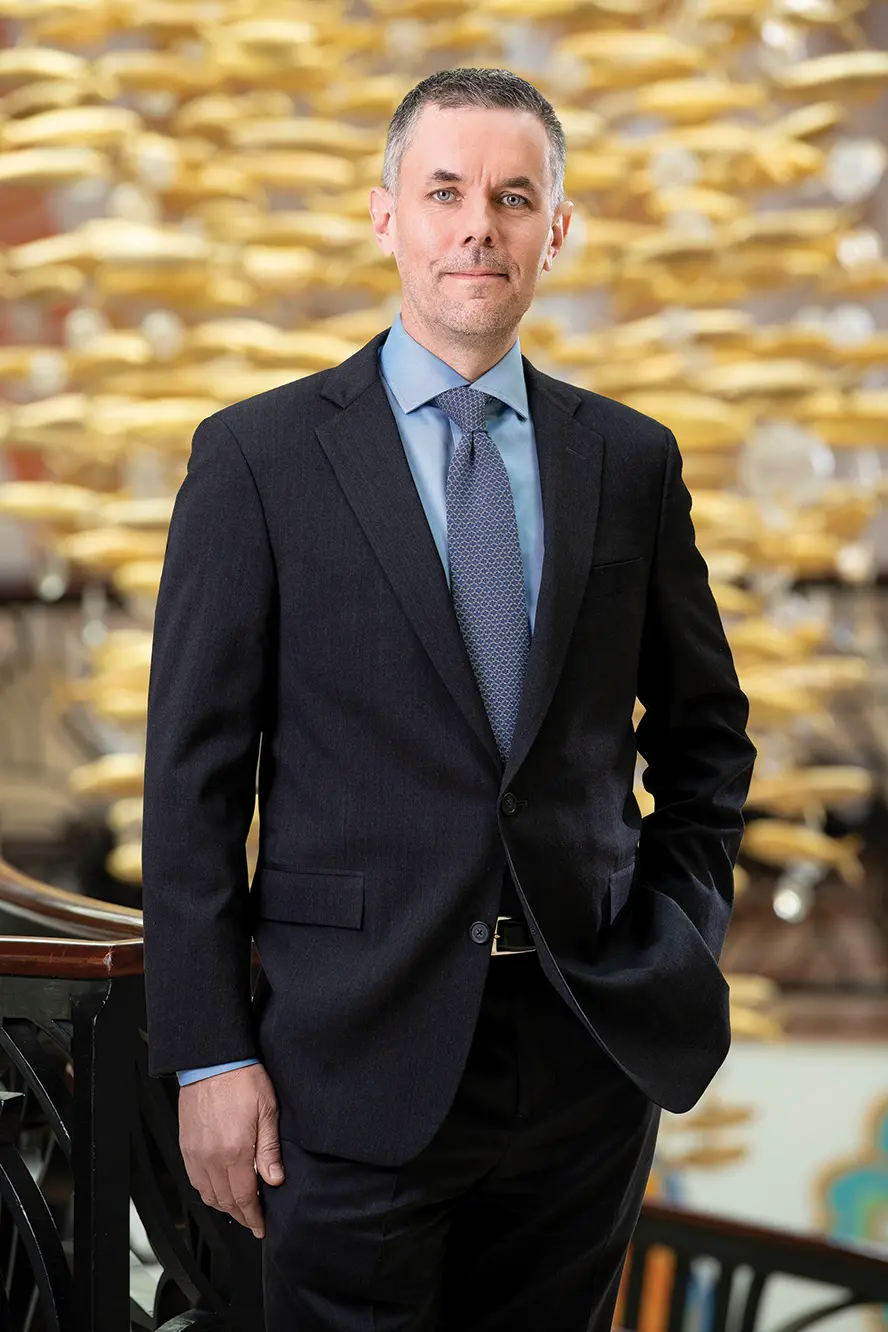
“We are interested in locating an entertainment complex as a landmark attraction in Thailand,” said Clayton. “Bangkok has a growing air-passenger capacity, with both airports handling up to 90 million passengers per year, expanding to 130 million by 2031. There are 113 airlines flying between Bangkok and 209 worldwide destinations; therefore, the capital Bangkok deserves a closer look.
“[Thailand will have] close to 40 million tourism arrivals this year, together with a large domestic tourism market all drawn to its unique culture, foods, arts and historical attractions.
“Thailand has a large domestic and expat population, together with being the eighth most visited tourism destination in the world. With the right licensing conditions the country will be ideal for developing large scale entertainment complexes.”
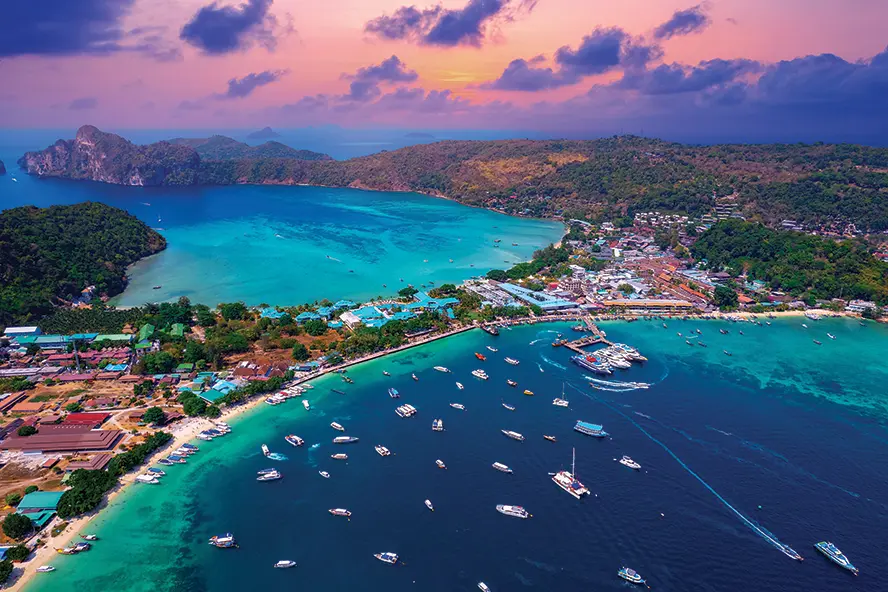
Clayton added that GEG has also opened a local office in Bangkok to evaluate the market.
“GEG has always been open to international expansion opportunities, including Thailand, so our team in Bangkok are ensuring this opportunity has the right strategic and commercial fit for GEG and is in the best interests of our shareholders.
Also set to throw its hat into the ring is Hard Rock, operator of around 20 casino resorts in the US as well as its world-famous Hard Rock cafes in more than 70 countries worldwide.
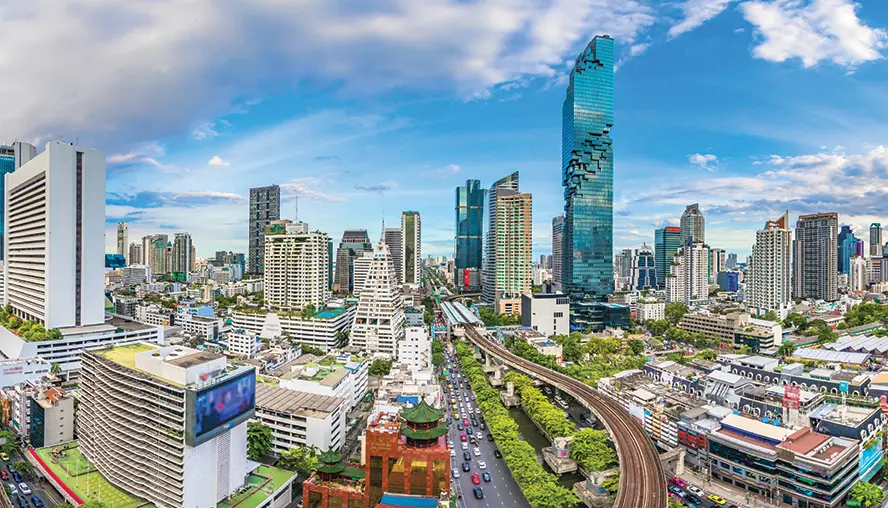 Hard Rock’s head of international development – and former President and CEO of Sands China – Ed Tracy, told IAG that the company’s level of interest in Thailand is “generally pretty high”, although like others he noted that “what’s going to determine if it is successful for a company like Hard Rock or any other major operator is whether we get a piece of legislation that will stand up and be sustainable and a regulatory scheme that’s acceptable to us as operators and to our regulators in whatever jurisdictions we collectively operate in.”
Hard Rock’s head of international development – and former President and CEO of Sands China – Ed Tracy, told IAG that the company’s level of interest in Thailand is “generally pretty high”, although like others he noted that “what’s going to determine if it is successful for a company like Hard Rock or any other major operator is whether we get a piece of legislation that will stand up and be sustainable and a regulatory scheme that’s acceptable to us as operators and to our regulators in whatever jurisdictions we collectively operate in.”
While Hard Rock is also interested in Bangkok as its first choice and has identified its preferred site, Tracy revealed the company has also conducted modelling and financial analysis on Phuket.
“I think Phuket is ripe for a regional style casino, and that’s really part of our portfolio,” he explained. “We have a number of regional casinos around the [US] in different states that have done extraordinarily well in a cash-on-cash return basis. They’re smaller facilities, they don’t have the headline grabbing GGR, but they’re very, very effective at what they do in terms of driving tourism.
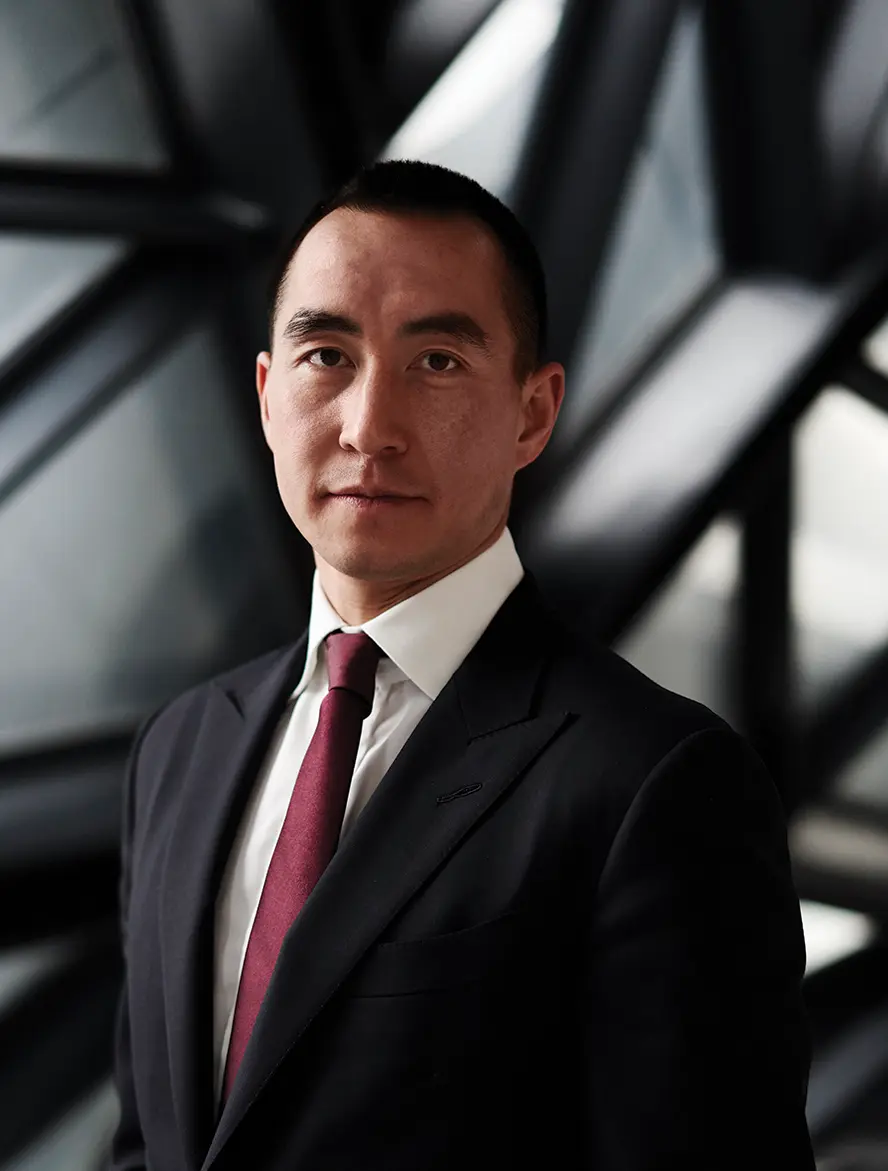
“So, we think Phuket is a possibility. We’ve clearly looked at it, we’ve looked at it with a land partner and with a developer, so we’re familiar with it and could see a new Hard Rock Hotel going in there with a Thai partner. Chiang Mai is not on our radar, nor the other locations that have been talked about.”
Asked about his vision for a Thai resort, Tracy points to Hard Rock’s history of sports sponsorships – including Formula 1 team Red Bull, the Miami Dolphins NFL team and Lionel Messi’s Inter Miami – as a guide. “It’s this convergence of sports, entertainment technology and gaming which is accelerating at an amazingly rapid pace, and what we’re looking to do is bring that concept to fruition in Thailand if we can.
“I think we’re recognized for having brought to the table significant experience in building and operating globally. I mean, we’re in 70 countries with some 270 operations around the globe, which presents a marketing opportunity that nobody else can match.
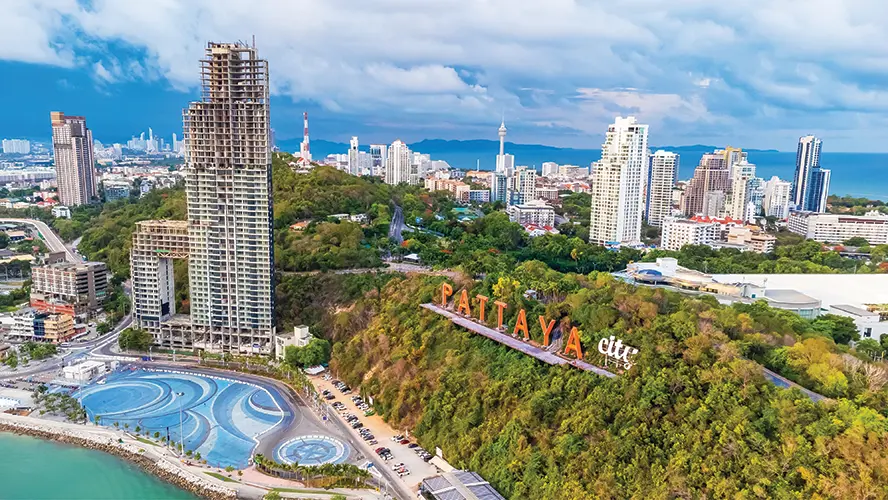
“If they’re looking to spur international tourism, why wouldn’t that be a component that they’re really interested in? But as for what level of investment we would be looking at, that depends on location, which nobody really knows yet because there’s not a piece of paper out there that specifies.”
Where to now?
The mood of the world’s IR operators is warm to the idea of integrated resorts in Thailand, as there’s a lot to like about the country as a tourism destination. The opportunity is real, but the reality is that the devil is in the detail. No operator is going to make any commitment until they have a firm grasp of what the rules of this game will be.
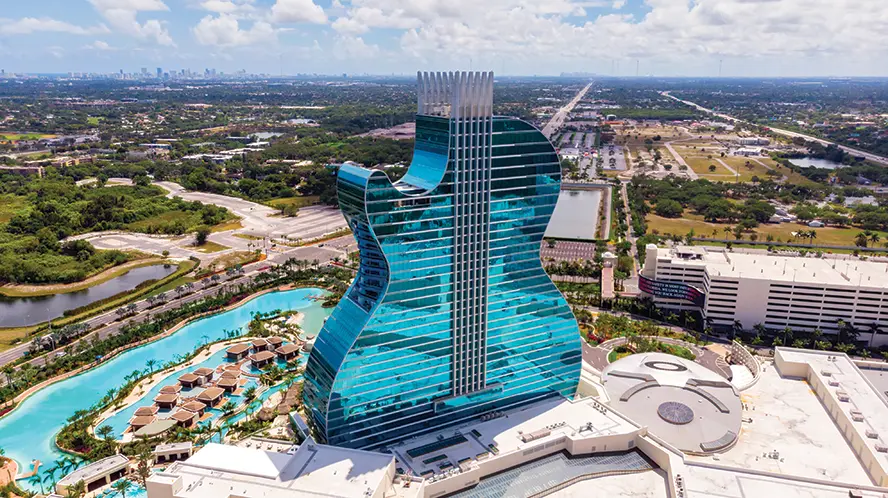
Although the precise nature of Thailand’s casino legislation will ultimately play a major role in determining who is in and who is out, as it stands IAG expects that Macau’s Galaxy Entertainment Group and Melco Resorts & Entertainment will bid, as will MGM Resorts through its Macau subsidiary MGM China. It is likely that one Genting entity will also be involved although probably not both.
Of the US-based operators, IAG sees Wynn Resorts and Hard Rock likely following through, making a total of six operators putting their hands up for a Thailand license, notwithstanding any left-field participants that may enter the fray.
As for Las Vegas Sands, the company showed with its sudden exit from Japan’s IR process that it is not scared to jump ship if it feels conditions are not optimal, and we wouldn’t be surprised if it does the same again here, given wide-ranging fears that the ultimate Thai proposition will be mixed at best from the point of view of operators.
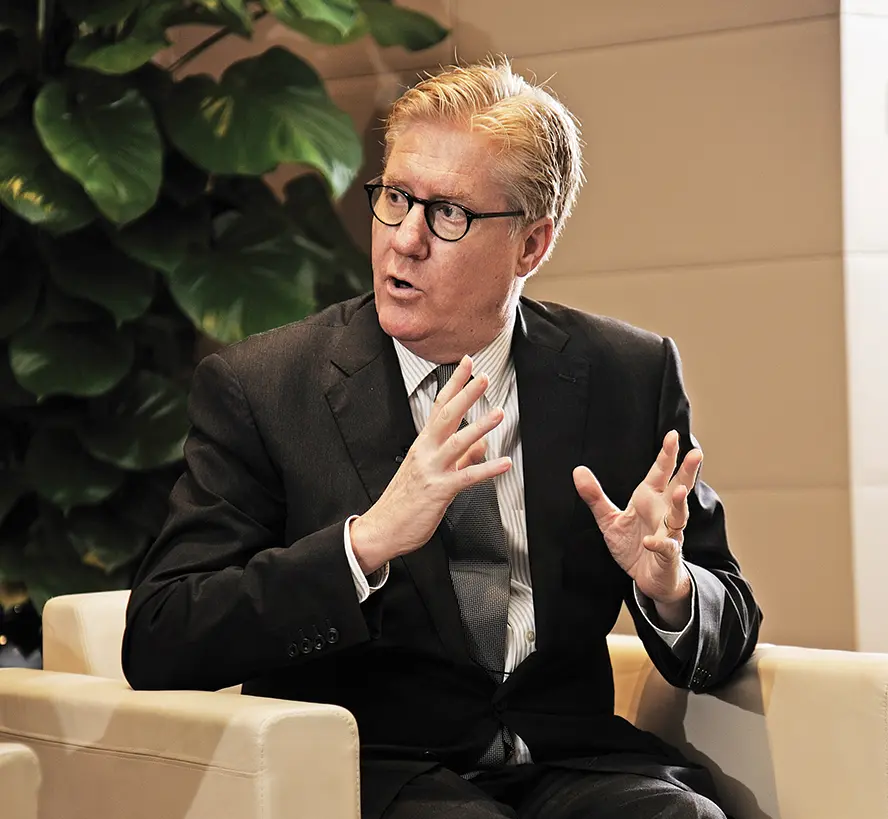
The months ahead should see the passage of enabling legislation through the Thai parliament that gives us at least some sorely needed clarity.
Will that clarity lead to a breakthrough or a breakdown for Thailand? Only time will tell. One thing is for sure, this promises to be a fascinating ongoing story for the industry, and whatever the outcome, IAG will be here to cover all the twists and turns!
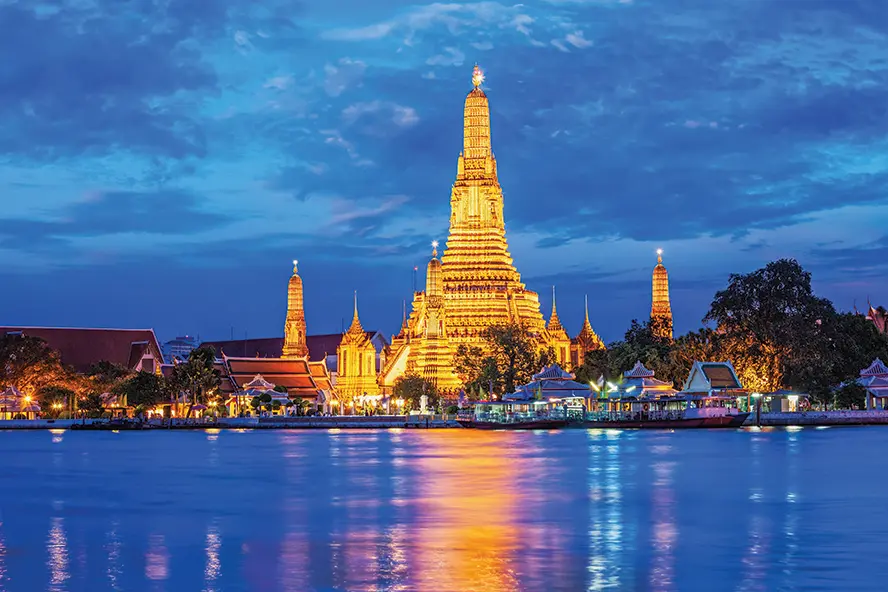 No time to read this whole article?
No time to read this whole article?
Here are the bullet points!
THE OPPORTUNITY AND PLAYERS
- Thailand is attractive for the world’s major IR operators
- IAG estimates about 15 companies worldwide have the capability
- But likely only around six of those will actually pursue a Thai IR
THE LOCATION AND INVESTMENT
- A US$3 billion investment likely only works in Bangkok
- All operators want to be located in Bangkok
- Only Hard Rock expressed interest outside Bangkok, and only for Phuket
- IRs outside Bangkok: only a US$500 million to US$1.5 billion investment
THE RULES AND FACTORS
- 10% floor area for the casino is enough
- A US$150 entrance fee, while a concern, is not a deal breaker
- A THB 50 million cash requirement for locals would be a deal breaker
- The stance of regulators abroad, particularly in Nevada, matters
- Thai political and social stability is a concern
- Devil in the detail: operators need clarity before committing






